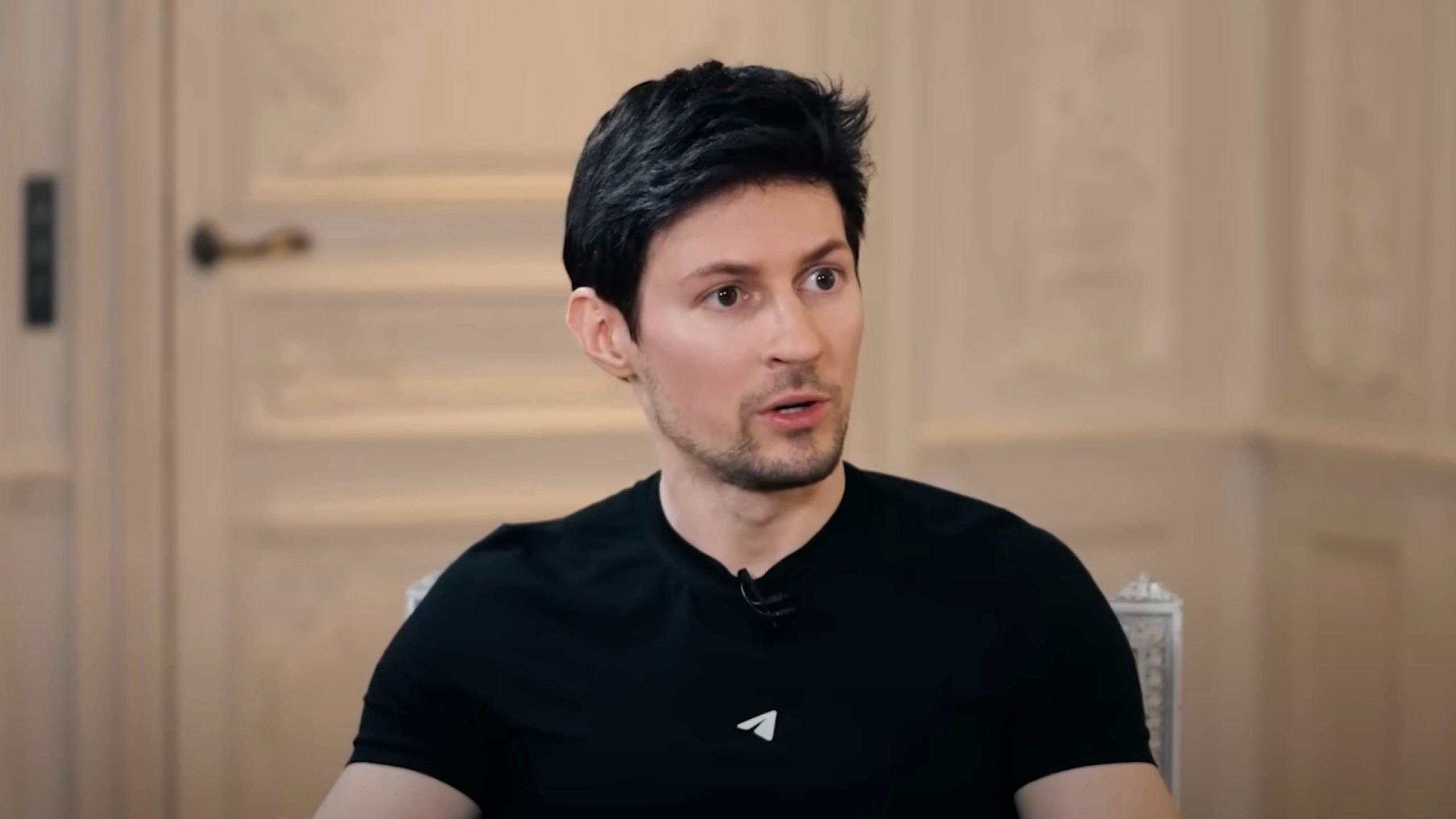While European regulators polish their halos and crank out legislation faster than Brussels can subsidize cheese, Pavel Durov is out here playing the role of a digital heretic.
In a French interview, the Telegram founder is sounding alarms over what he sees as a not-so-slow crawl toward speech control disguised as safety. The latest darling of the bureaucratic elite? The Digital Services Act is a piece of legislation that reads like it was written by a committee of risk-averse interns with a fetish for vague language and zero accountability.
Durov isn’t whispering his concerns at think tank luncheons or lobbying dinners. He’s calling it what it is: an institutional greenlight for censorship. “Once you legitimize censorship, it’s difficult to go back,” he says, which probably makes him the least popular dinner guest in Brussels since anyone asked about eurozone debt.
What makes this more than another libertarian tech rant is that Durov isn’t hypothesizing. He’s living it. Right now, he’s effectively stuck in France, being slow-roasted by criminal accusations that, according to him, are so flimsy they wouldn’t hold up in a Bluesky comment section.
“Nothing has ever been proven that shows that I am, even for a second, guilty of anything,” he insists.
One story in particular peels back the clean, professional veneer of Europe’s “rules-based” order.
Durov describes a charming little tête-à-tête with the head of France’s foreign intelligence service, the DGSE.
Over croissants and state-sponsored pressure, he was asked to delete Telegram channels tied to Romanian political activists.
He refused. Not with a polite “I’ll look into it” or some carefully lawyered dodge, but with what may be the most defiant line uttered by a CEO since Steve Jobs told IBM to get lost: “I told them I prefer to die than betray my users.”
Nothing screams “democracy in action” quite like a spy agency demanding censorship in a private meeting. At least they skipped the pretense.
Beneath the PR gloss of the Digital Services Act lies the basic truth of modern governance: power is being centralized and speech, sanitized.
Every new rule about “harmful content” or “misinformation” is an invitation for governments to rewrite reality in real-time. Durov’s problem isn’t with moderation. It’s with the Trojan horse of moderation-as-policy, where yesterday’s slippery slope is today’s legal standard.
Take the Trump ban. Durov didn’t pull punches. “That was a mistake. A very dangerous one,” he said, referring to Big Tech’s collective decision to erase a sitting US president from digital memory like some Maoist photo editor.
Durov’s point is painfully obvious: if a private company can mute a head of state, no one else stands a chance.
Telegram, for all the noise surrounding it, remains one of the few platforms where opposing sides are allowed to hate each other in real-time.
Many Russians think it’s a Ukrainian front. Many Ukrainians think it’s controlled by Moscow.
Meanwhile, Durov sips tea and shrugs. “The fact that each side claims the platform favors the other… proves that it does neither.” In other words, it’s doing something no longer permitted in polite tech society: existing outside the narrative.
Google once waved a $1 billion check under Durov’s nose. Most tech founders would’ve sold their own grandmother for one percent of that. He turned it down cold. “If we sell, we betray the promise of independence and privacy,” he said.
Durov is the sole shareholder of Telegram, a decision that sounds insane to your average venture capitalist but makes perfect sense if you’re trying to run a platform that doesn’t answer to anyone with a badge or a board seat.
Of course, no war against free speech would be complete without some good old-fashioned moral panic about the internet.
Governments have rushed to draft laws banning children from social media like they’re outlawing heroin. Durov laughs that one off too. “Ineffective,” he says. Kids know how to use VPNs, which is more than can be said for the ministers trying to legislate their behavior.
“Interdicting access achieves nothing if adults themselves lack discipline,” he adds, suggesting that maybe, just maybe, the problem isn’t TikTok but the dopamine-drenched society that created it.










